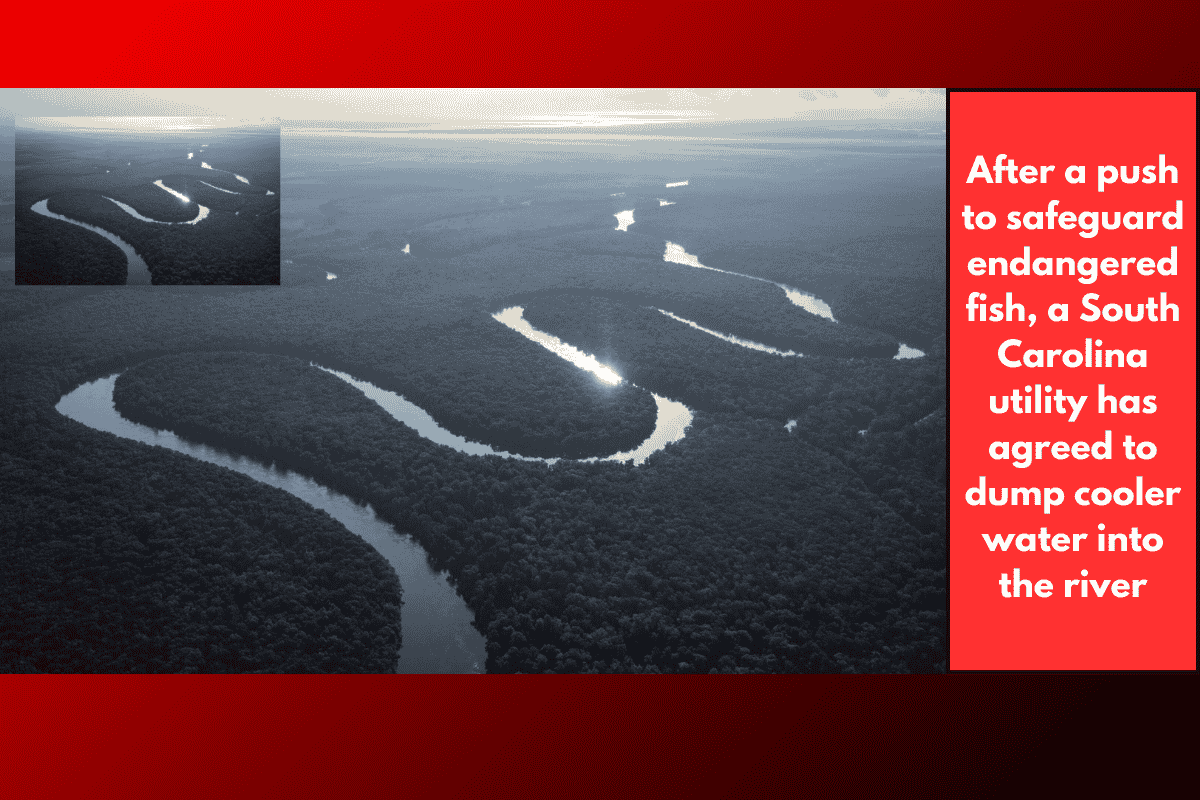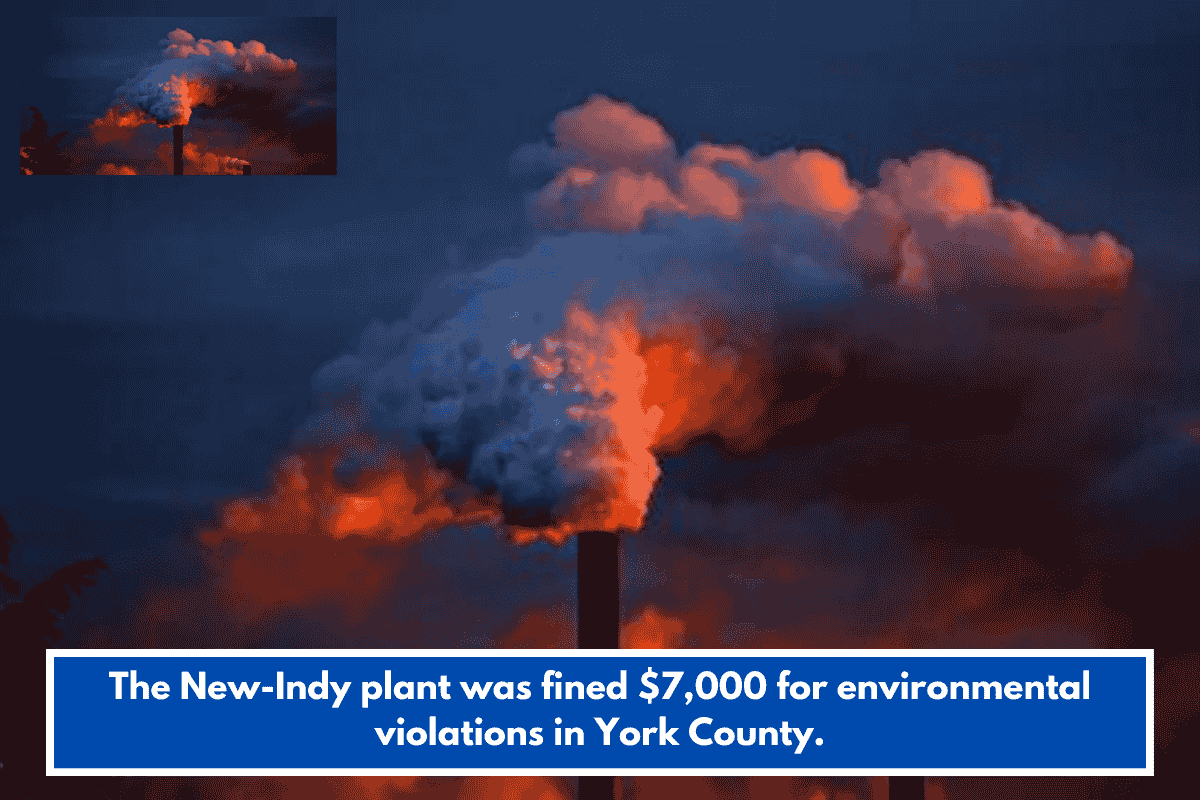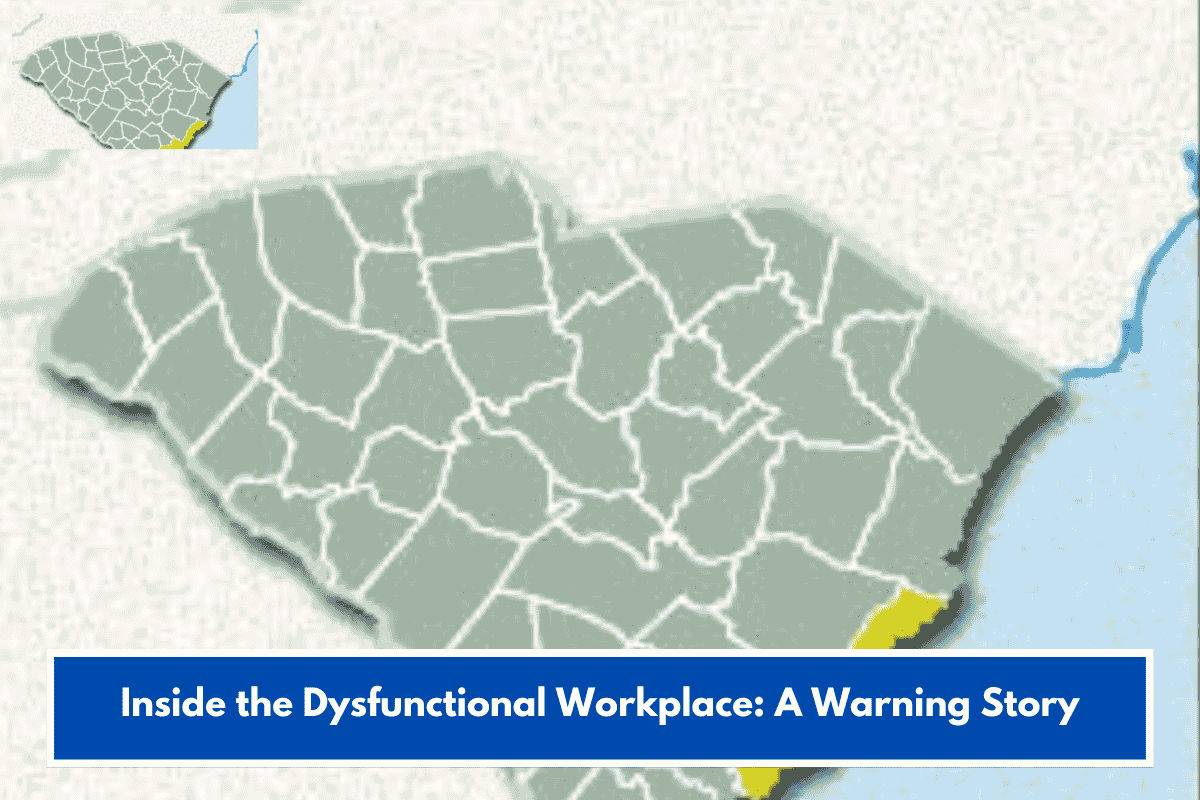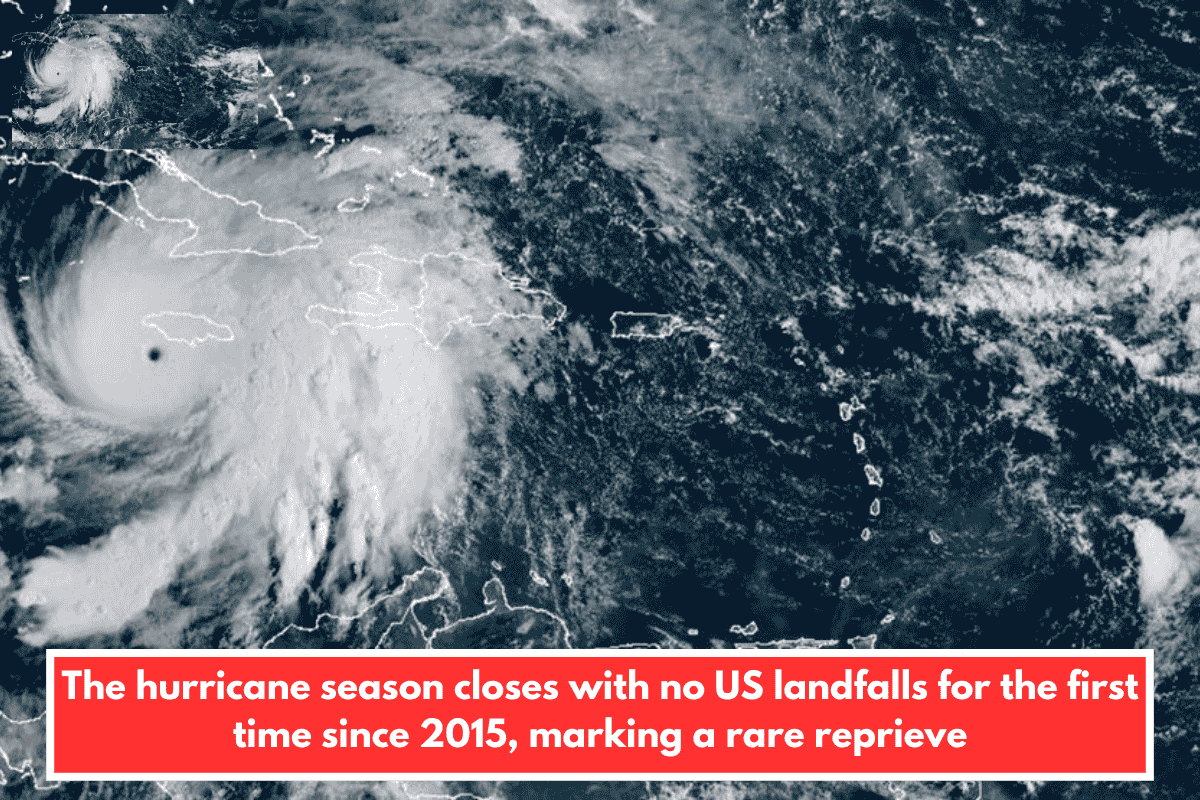Santee Cooper has reached a legal settlement with Lowcountry conservation groups that will prevent the utility from dumping dangerously hot water into the North Santee River, protecting the local ecosystem and endangered fish species.
Limits on Water Temperature
Under the terms of the settlement, Santee Cooper has agreed not to discharge water exceeding 100 degrees Fahrenheit into the river during the summer months and 95 degrees during the rest of the year. If the utility exceeds these limits, it will incur a fine of $5,000 for each day the temperature exceeds the established thresholds. The agreement follows years of legal disputes between the state-owned utility and environmental organizations over its proposed water discharge plans.
The Original Proposal and Environmental Concerns
In 2021, Santee Cooper applied for permission to release water temperatures as high as 115 degrees Fahrenheit from its coal-fired power station in Georgetown. While the application was initially approved, conservation groups such as Winyah River Alliance and the Coastal Conservation League quickly filed a lawsuit, arguing that the hotter water would harm the local population of Atlantic and shortnose sturgeons, which are federally endangered species.
The environmental groups presented expert testimony indicating that water temperatures above 86 degrees Fahrenheit could cause distress to these fish, disrupting their feeding and migration patterns. At worst, the hot water could lead to fish kills, particularly for sturgeons swimming downstream during their migration.
The Settlement Agreement
The settlement was hailed by conservationists as a significant victory for both the river’s wildlife and the local community. The new limits on water temperature are expected to ensure the survival of sturgeon populations in the North Santee River, as well as other species that rely on the river’s ecosystem.
Faith Rivers James, Executive Director of the Coastal Conservation League, expressed satisfaction with the settlement, stating, “This agreement is a significant conservation outcome for this river’s wildlife, helping to preserve the unique ecosystem of the Santee River Delta that they depend on.”
Ongoing Conservation Efforts
As part of the settlement, Santee Cooper will contribute $250,000 to the Open Space Institute, which will use the funds to acquire land to preserve habitat for the endangered sturgeons. This effort is seen as a long-term solution to ensure the safety of these fish, particularly as the aging coal plant moves toward retirement.
The settlement also represents a broader commitment to conservation by Dorchester County, with Nick Torrey, an attorney for the Southern Environmental Law Center, noting that “The North Santee River will have increased protection against super-heated water, and endangered fish get permanent habitat protection that will endure long after the aging coal plant finally retires.”
The Utility’s Response
Santee Cooper, while agreeing to the new temperature limits, maintains that the changes allow the utility to operate efficiently while continuing to provide reliable power. Spokesperson Emily Tyner emphasized that the new permit provides “operational flexibility and regulatory certainty necessary to continue to provide low-cost, reliable power to South Carolinians.”
This settlement marks an important step in balancing the need for power generation with environmental protection, ensuring that the unique wildlife of the Santee River can thrive for generations to come.














